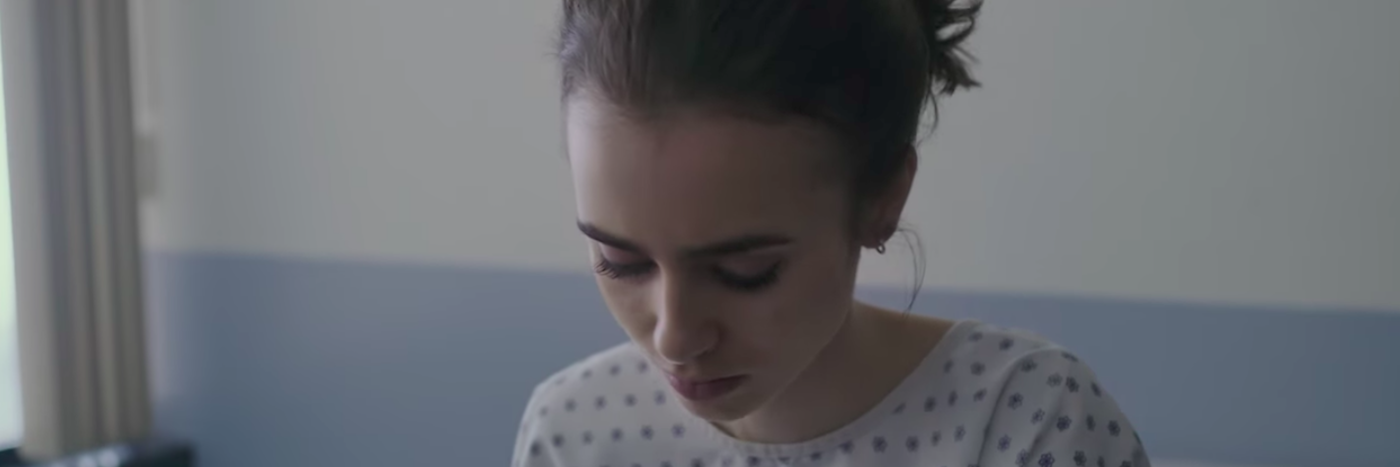For the first time, after watching “To the Bone,” I am able to forgive. To the people who told me to “just eat something,” I forgive you. To those who threatened to end our friendship as an attempt to get me to gain weight, I forgive you. To those who made me feel guilty by comparing my body to theirs, I forgive you. I forgive you because you were doing the best you could with the information you had. Your concern for my health is something to be grateful for. Intention — I know each and every one of you had the right intention. It is my hope that these same people will watch this film and consider changing the way they approach someone who is struggling in the future. It is my hope this film will raise awareness and allow others to develop a sense of compassion.
“To the Bone” is a film, it is not the “end all be all” — it is simply one portrayal of a women’s experience with anorexia nervosa. It is not every experience. It is using entertainment as a force for good and sparked a very important, much-needed conversation. Of course, “To the Bone” wasn’t perfect — but I believe it was brave, sincere and inclusive. The film featured both sexes in the film — this is important, as eating disorders are often portrayed as “female dominant” illness. All mental illnesses, including eating disorders, do not discriminate. Although the film primarily follows a woman struggling with anorexia, it also addresses other eating disorders, such as bulimia nervosa and binge eating disorder (BED). I don’t think the diagnosis is nearly as important as the harm done to the individual. It was clear in the film that every individual was struggling, regardless of their weight, age, race or gender.
For those who may watch this film and think, “I am not thin enough to have an eating disorder,” please know eating disorders are a psychological, not just a physical illness. Scientific studies confirm that those who struggle with bulimia typically maintain what is viewed as a “healthy” BMI. I think it is important to remember no person is the same — therefore, no body functions the same. Your thoughts and feelings are valid, regardless of your weight.
Please, if you know someone who struggles with an eating disorder, do and say everything from a place of love and compassion. Be proud of them — every single time they do something their eating disorder typically wouldn’t let them. Be patient. They didn’t develop an eating disorder overnight. Recovery takes time and it takes a team of people and support. Don’t always shift the conversation to how you are feeling — right now, it’s not about you. We don’t need to know how angry, scared or upset you are — I promise we are just as angry, scared and upset. We need to know you love us and that you are here for us every step of the way. Keep telling us you love us and that you aren’t ashamed of us because our eating disorder makes us feel so unloved and so ashamed.
So, now that this film has been released, I hope those who are fighting can feel hopeful that those around them will feel more educated. I want you to know that recovery is not only possible, but it is worth it. It is OK to not be OK. You are so much stronger than you think. This eating disorder is a part of you, but it is not all of you — you are, and always have been, enough.
If you or someone you know is struggling with an eating disorder, you can call the National Eating Disorders Association Helpline at 1-800-931-2237.
We want to hear your story. Become a Mighty contributor here.
Screenshot via Netflix YouTube channel.

